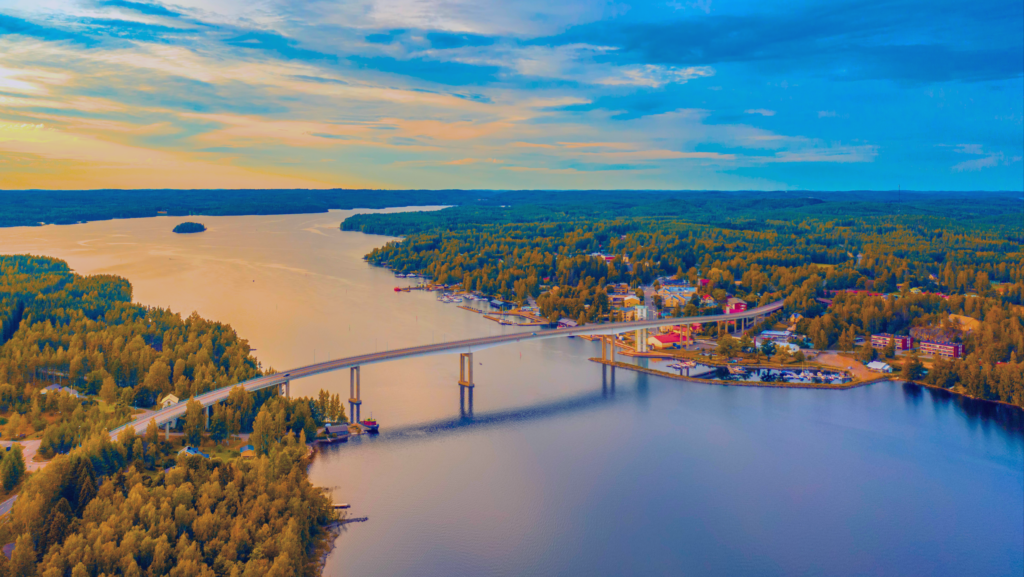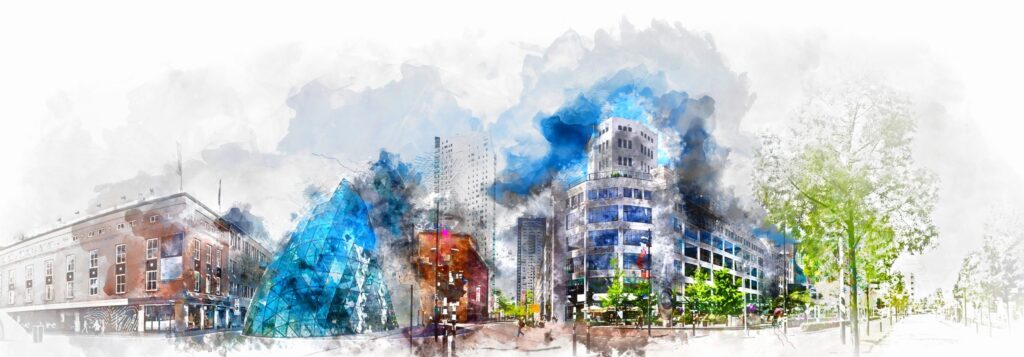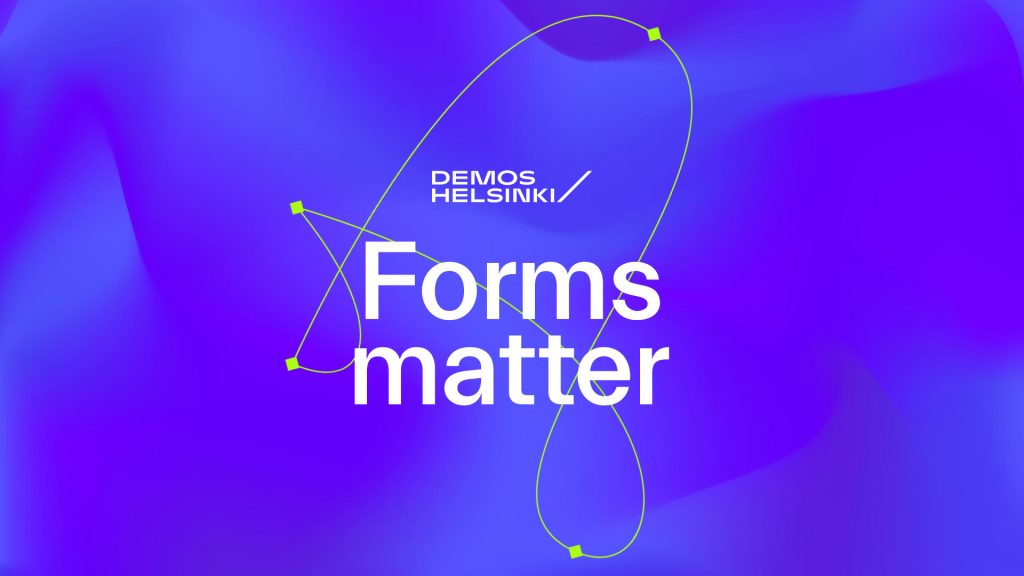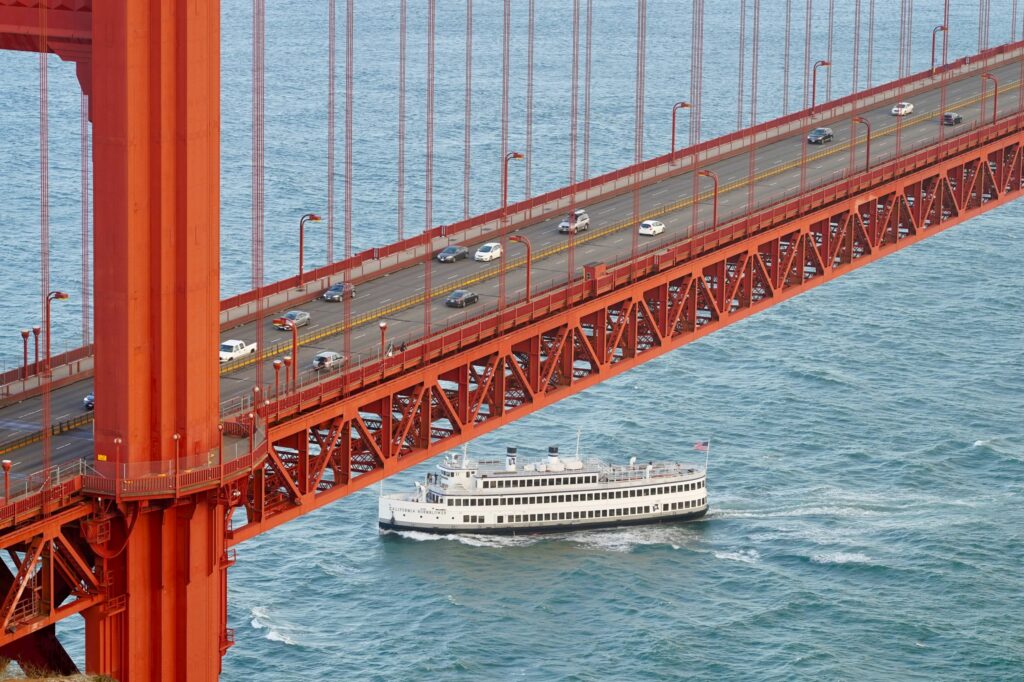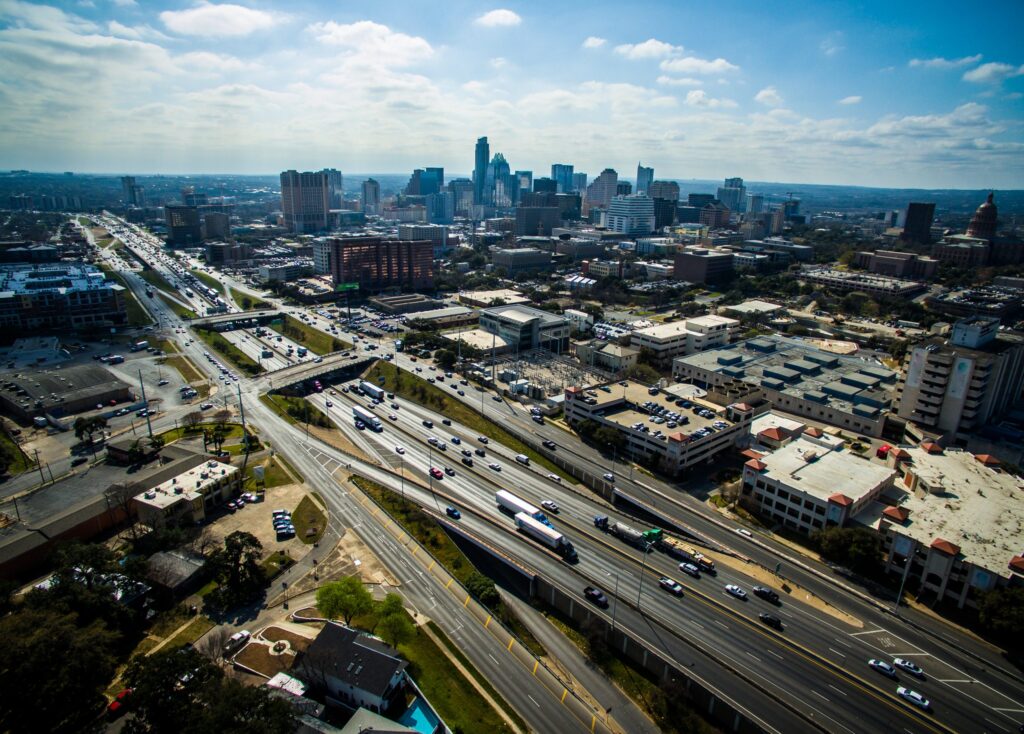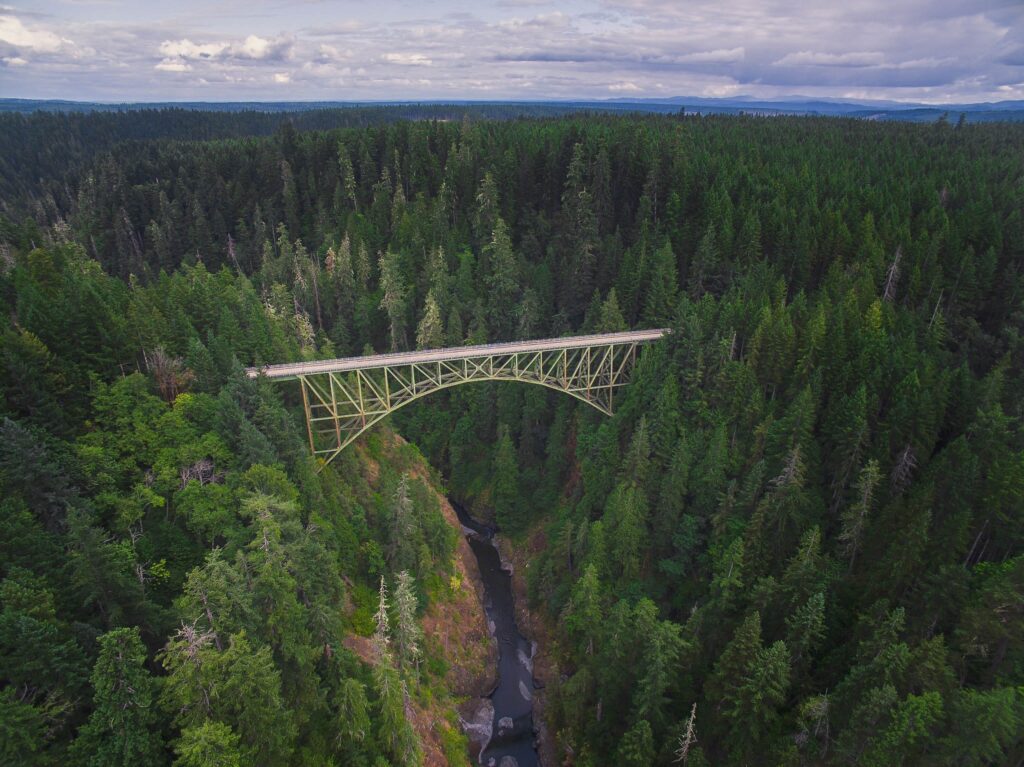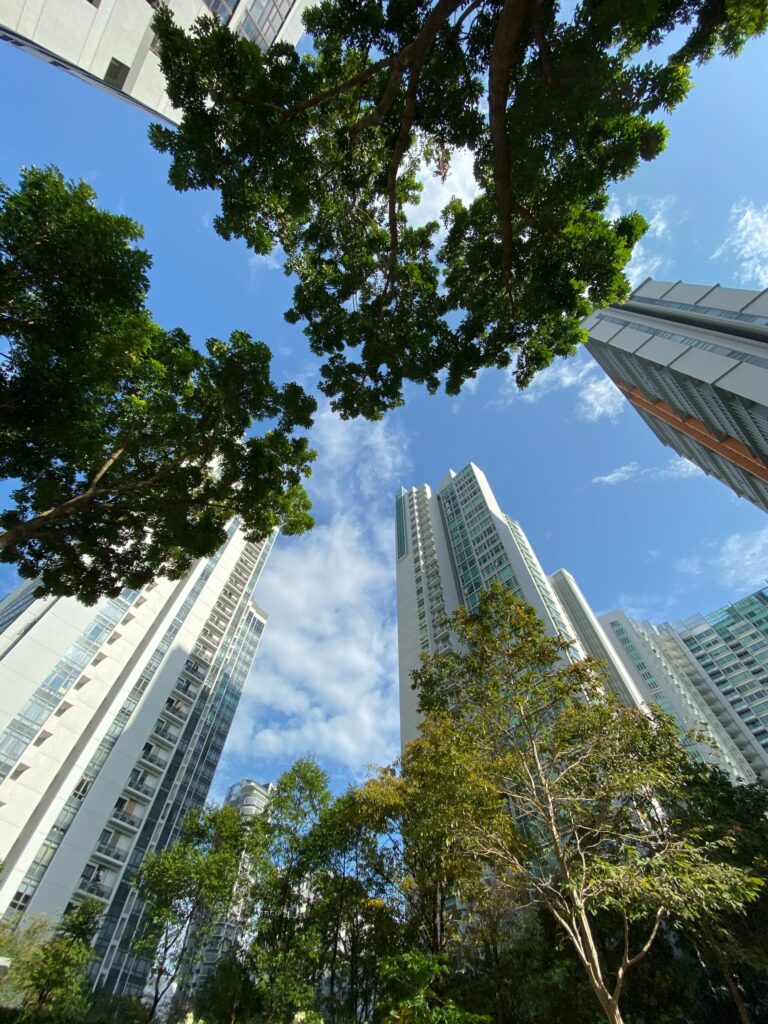Commentary
What if: Mental health through transforming the economy
What if solving the mental health crisis requires transforming the economy itself? Here, we challenge the conventional focus on individual treatments and call for a systemic shift towards addressing the socioeconomic drivers behind mental health issues.
Read MoreFor a wellbeing economy, we need to transform governance
The wellbeing economy offers a new framework for governance, with wellbeing as the core objective for policy. Despite its potential, governments struggle to integrate wellbeing into governance effectively. Demos Helsinki’s work identifies key principles – participation, evidence, measurement, and long-term investments – to bridge the gap between purpose and practice, shaping a governance framework that places human and planetary wellbeing at the heart of economic strategy.
Read MoreClimate governance and cities: leading the next decade
Cities are stepping up to tackle the climate crisis, but progress is often slow. Demos Helsinki identifies four key governance strategies to break the gridlock: domain-specific governance, cultural change, city ecosystem leadership, and multi-level governance. These approaches help cities embed climate thinking in decision-making, foster collective action, and lead national and global dialogues on climate solutions. By focusing on governance, cities can effectively meet their climate targets.
Read MoreChapter 1: COP27 signalled an end of an era for cities
Cities are no longer just drivers of climate action but must now transform themselves into leaders of collective action. As we shift from gradual low-carbonisation to rapid decarbonisation, cities must rethink their role, governance, and tools to address the climate crisis and foster coordinated efforts for sustainable change.
Read MoreWhat is the role of business when the rest of the world is changing?
Businesses must redefine their societal purpose to address today’s complex challenges. Companies are urged to radically transform their supply chains, invest in new markets, and embrace activism. Yet, many still cling to outdated roles in society. It’s time to ask: can business remain unchanged while the world rapidly evolves?
Read MoreForesight and policymaking: lessons from Singapore and Finland
Finland and Singapore both lead in foresight-driven policymaking. Finland emphasizes cross-sector collaboration and futures research, while Singapore focuses on strategic scenario planning within government. Despite these strengths, both face challenges in fully integrating foresight into decision-making, underscoring the need for stronger institutional frameworks and capacity-building.
Read MoreThe Tragedy of the Form
The “tragedy of the form” refers to society’s reliance on outdated structures designed for the industrial era, limiting our ability to address systemic challenges like the climate crisis. Despite a recognised need for collective action, existing forms are increasingly not fit-for-purpose, hindering real transformation and requiring new, more adaptive models.
Read MoreForms Matter – Foreword
Foreword by Juha Leppänen The Tragedy of the Form Here is something we rarely talk about: the “form” in “transformation”. We pursue systemic change from forms designed for the industrial era. How can we transform societies if we don’t challenge our forms first? Demos Helsinki community, though with some notable…
Read MoreInfrastructure: The overlooked tool for societal transformation
Infrastructure shapes human activity and influences both societal and economic outcomes, but it’s often overlooked in discussions about systemic change. Our past investments can lock us into outdated systems, yet future decisions must prioritize infrastructure that supports environmental and human wellbeing, enabling a transformative path towards a more sustainable future.
Read More21st-century infrastructure must be regenerative
Traditional infrastructure, like Austin’s I-35, often benefits some while harming others, especially marginalised communities. Expanding from six to twenty lanes, as proposed, could exacerbate this. Instead, regenerative infrastructure—rebuilding communities and ecosystems—offers a vision for 21st-century development, promoting social equity and environmental health, crucial for a sustainable future.
Read MoreWhat is regenerative infrastructure?
Sustainability is no longer enough to address today’s environmental challenges. Regeneration, which emphasises renewal, restoration, and resilience, is emerging as a more effective framework. By shifting from an anthropocentric to an ecocentric approach, regenerative infrastructure can positively impact both communities and ecosystems, fostering long-term, net-positive environmental and societal change.
Read MoreRe-focusing on the future: Backcasting carbon neutral cities
Demos Helsinki cofounder Aleksi Neuvonen presents research on how backcasting scenarios can help cities achieve carbon neutrality. By working backwards from a desired carbon-neutral future, backcasting enables collective learning, redefines urban planning, and fosters cross-sector collaboration, crucial for the societal transition towards sustainable, carbon-neutral cities.
Read More

